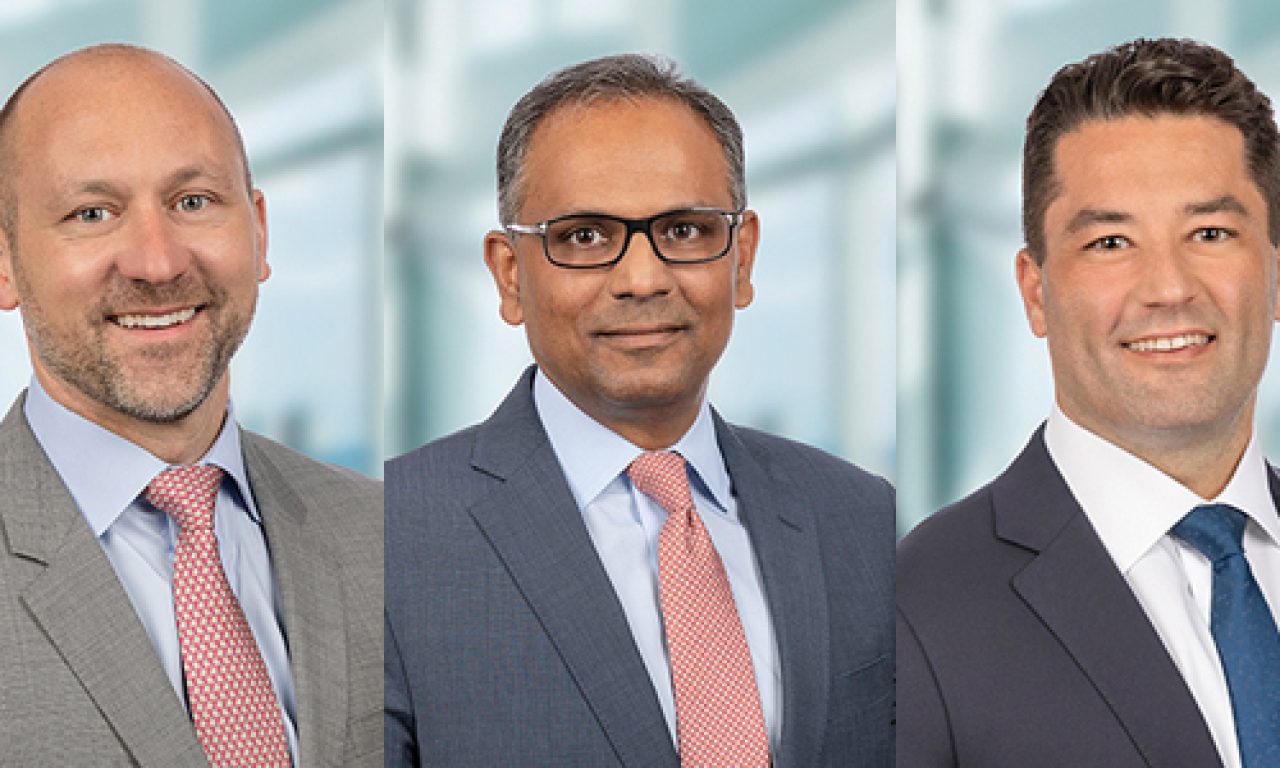GQG Partners, the US-based global manager formed by Rajiv Jain and colleagues in 2016, has raced away to A$47 billion in assets under management in total, about A$3.6 billion of which is sourced from 30 client funds in Australia and New Zealand. It now has a four-person office in Sydney under local head Laird Abernethy.
Jain, a long-time star portfolio manager, and Tim Carver, a company co-founder and the chief executive, spoke along with Abernethy at an international webinar last week. Australia was GQG’s first registered office outside the US. London followed. Its US offices are in Fort Lauderdale, Florida, where Jain has lived for the past 10 years, and New York and Seattle.
GQG focuses on identifying enduring quality characteristics in reasonably priced global equities with an objective of long-term capital appreciation, with the aim of delivering superior returns that outperform the benchmark over a full market cycle. It offers four long-only investment strategies: US equity; global equity; international equity; and, emerging markets equity.
Its approach is to invest in high-quality companies that it believes can sustain superior earnings growth over the long term and are available at a reasonable price. It seeks to achieve long-term capital appreciation and avoid pursuing short-term gains based on volatility in the equities, credit, and commodities markets.
Jain previously spent more than 20 years at Vontobel Asset Management, where he became CIO and head of equities, continuing to head up its successful emerging markets strategy, and then co-chief executive. When he announced his departure from the Swiss-based firm in March 2016, its share price dropped 11 per cent.
Carver said during the webinar that Australia was “incredibly important” to the firm. “When Rajiv phoned me to tell me he wanted to leave [Vontobel], I was walking along Manly Beach. Our first Australian account was AustralianSuper… I believe Australia will be our second-largest market. It’s very sophisticated, but also price sensitive and intermediated. They are characteristics which suit us.”
He founded the US Northern Lights funds management group, which merged with Australia’s former, listed, Treasury Group and is now an ASX-listed company, called Pacific Current Group. Pacific Current launched GQG to the Australian market but has reduced its active sales involvement since Abernethy’s appointment in late 2018.
Carver says the current difficult environment also suited GQG because it was an opportunity to display its core values. “We are hyper concerned with taking care of both our employees and clients. We are making this a world-class investment boutique. We hire the best people we can. On our staff, we have five former CEOs. We had 20 employees before we had any meaningful assets to manage… We have invested in world-class operation talent. We will not lay off a single employee or reduce their remuneration during this crisis. We are also giving a one-time $10,000 bonus to every employee who is investing in one of our strategies over five years.”
Another unusual aspect about GQG is that it employs three former investigative journalists, whose main role is to disagree with the portfolio managers and debate their recommendations. Jain says that fits with the aim to have diversification of thought among staff. “I didn’t bring anyone across from the old team,” he says, “because I wanted everyone to evolve and learn from each other.”
While the manager has performed well through the crisis, having cut back on financials and certain other exposures in January and February, having started the year overweight in those sectors which most quality growth managers tend to underweight, Jain says: “I reserve the right to underperform in any market.”
Emerging markets, though, are a bit tricky right now. He says: “This time country risk is greater than previously. I’m not sure they’ll outperform developed markets in a big way. We need the dust to settle first. Some countries will do well, though. We’re positive about the US. There are still opportunities there because it is such a big and diverse market. It’s a stock-picker’s market.”
– G.B.

